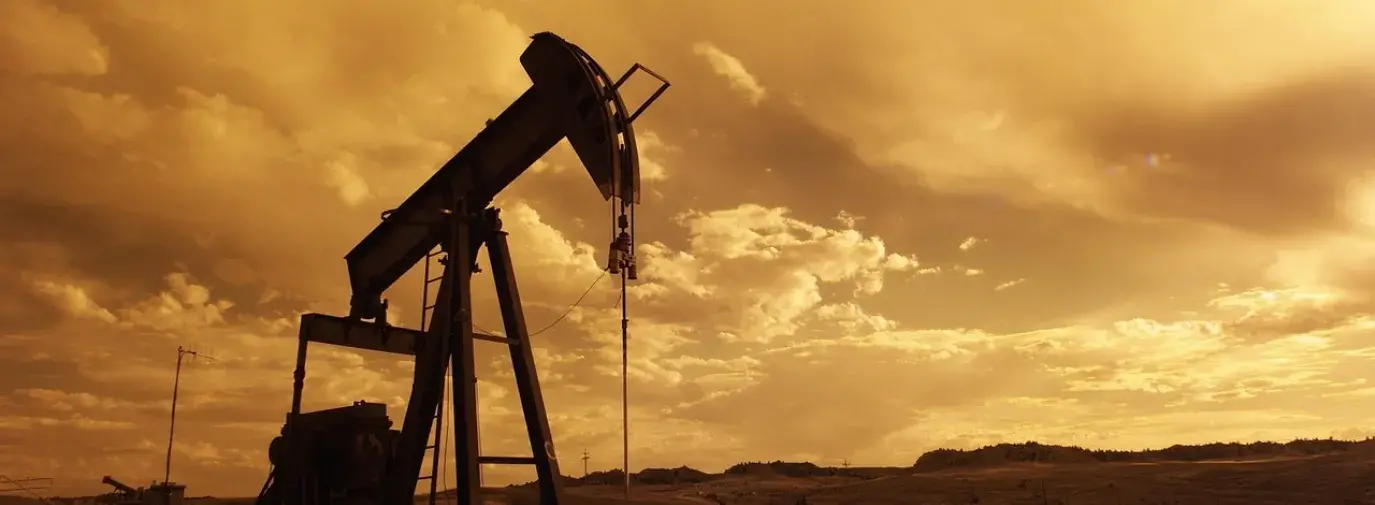In addition to putting consumer pressure on multi-national corporations to respect people and the planet in their overseas operations, another tactic for holding large corporations responsible for their international human rights violations is to take them to court.
The International Labor Rights Fund and EarthRights International have pioneered this approach for requiring multinational companies to comply with internationally recognized worker rights. They have done so by reviving use of the Alien Tort Claims Act (ATCA), an anti-piracy law from the 18th century which allows non-citizens to use U.S. federal courts to hold parties in the US accountable for violations of international law.
Over the past few years, ILRF and EarthRights have brought a slew of such cases against multi-national corporations, including several concerning the exploitation in Africa described in our Spring 2007 Green American. All are currently winding their way through the court system:
September 1998 Wiwa vs. Royal Dutch Petroleum (Shell)
EarthRights brings a suit against Shell Oil in Nigeria for participating in the 1995 hangings of Ken Saro-Wiwa and John Kpuinen, both Ogoni activists who opposed the extraction of oil from their community’s land. The suit also charges Shell with aiding and abetting the torture and detention of Owens Wiwa, and the shooting of a woman who was peacefully protesting the bulldozing of her crops in preparation for a Shell pipeline.
May 1999 Bowato vs. Chevron/Texaco
EarthRights brings a suit against Chevron/Texaco on behalf of slain protesters. Chevron/Texaco called in the military to break up a peaceful protest on one of its off-shore oil platforms in Nigeria. The military shot and killed two protesters on that occasion, and later attacked two villages with Chevron boats and helicopters, killing several people.
July 2005 Doe vs. Nestle, Cargill and Archer Daniels Midland
ILRF brought a class-action complaint against Nestle, Cargill and Archer Daniels Midland on behalf of three Malian children trafficked to Ivory Coast where they were enslaved to harvest cocoa. The opening hearing took place in February.
November 2005 Doe vs. Bridgestone Corporation
ILRF brought a suit against Bridgestone Firestone for adults and children “trapped in poverty and coersion” in Liberia’s rubber plantations. After Bridgestone successfully had the trial moved from California to its home state of Indiana, where Bridgestone Firestone headquarters are located, the opening hearing was rescheduled for early 2007.
Though no one has yet won a case against a multi-national corporation for human rights abuses using the ATCA, the Supreme Court has affirmed that the law can be used against companies. Not surprisingly, multinational corporations and, at times, sympathetic branches of the government, have tried to obstruct this use of the ATCA. But the lawyers who are championing this new approach are undaunted. “In these trying times,” writes Terry Collingsworth, the Executive Director of the ILRF, “it is crucial for the U.S. government to show that no one is above the law, and that human rights violators of whatever stripe will be held accountable.”
The lawyers who are pursuing these cases hope they can push other companies to behave better, as well: “It sends a strong message to other multinational companies,” says Richard Herz of EarthRights, “that they cannot participate in egregious human rights abuses with impunity.”




